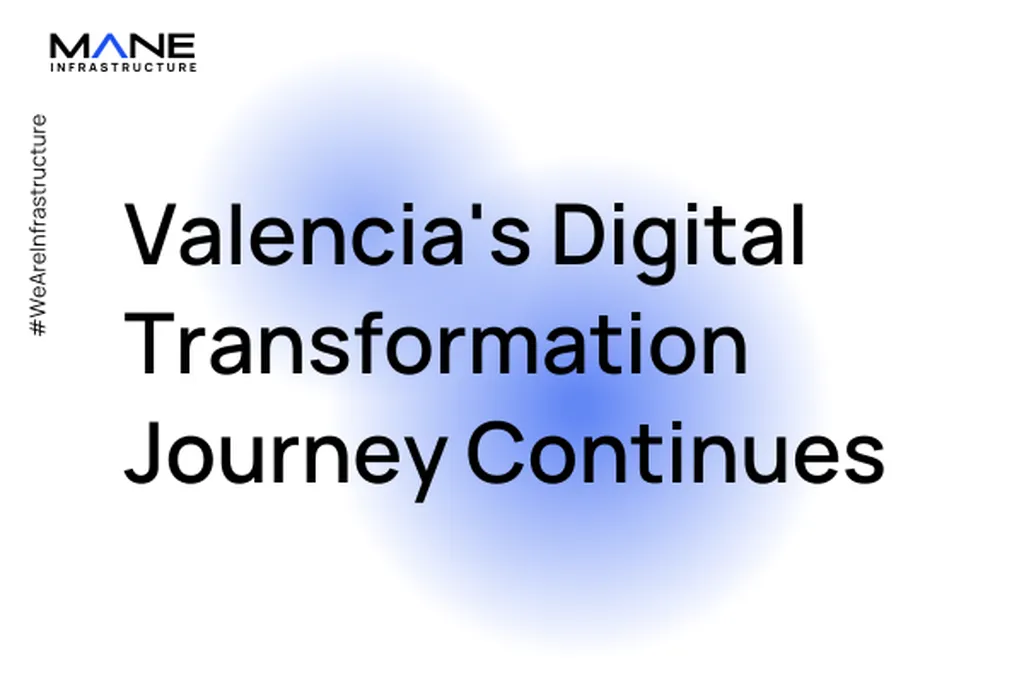In the rapidly evolving construction sector, digital transformation is more than just a buzzword—it’s a pathway to improved productivity and efficiency. However, as Cristian C. Osorio-Gómez and his team from the School of Civil Engineering at Universitat Politècnica de València have discovered, the full potential of digital transformation remains untapped, particularly when it comes to aligning it with organizational structures. Their research, published in the Journal of Civil Engineering and Management, sheds light on how construction firms can bridge this gap to drive long-term competitive advantage.
Osorio-Gómez and his colleagues focused their study on medium and large construction companies in Colombia, utilizing semi-structured interviews and field inspections to validate key organizational factors influencing digital transformation. Their findings reveal that while technological tools have been adopted, the integration with organizational structures is still lagging. “Technological tools are essential, but they are unlikely to create a long-term competitive advantage on their own,” Osorio-Gómez explains. “The real value lies in the integrated implementation of digital transformation and organizational structures, grounded in validated factors and evidence.”
The study highlights several factors that affect the variables of digital transformation and organizational structures. By understanding these factors, construction firms can enhance decision-making, reduce inefficiencies, and ultimately improve productivity. The research proposes an integrated conceptual model that serves as a roadmap for construction companies looking to navigate the complexities of digital transformation.
For the energy sector, which is closely intertwined with construction, the implications are significant. As energy projects become more complex and demanding, the need for streamlined processes and data-driven decision-making becomes paramount. The insights from Osorio-Gómez’s research can help energy companies optimize their construction processes, ensuring that digital tools are not only adopted but also effectively integrated into their organizational frameworks.
The study’s findings also underscore the importance of organizational culture in the successful implementation of digital transformation. “Organizational culture plays a pivotal role in shaping how digital tools are adopted and utilized,” Osorio-Gómez notes. “A culture that embraces change and innovation is more likely to see the benefits of digital transformation.”
As the construction and energy sectors continue to evolve, the integration of digital transformation and organizational structures will be crucial. Osorio-Gómez’s research provides a valuable framework for companies looking to stay ahead of the curve. By leveraging the insights from this study, construction firms can not only improve their current operations but also position themselves for future success in an increasingly digital world.
In the words of Osorio-Gómez, “The future of construction lies in the seamless integration of technology and organizational structures. This is not just about adopting new tools; it’s about transforming the way we work.” As the industry moves forward, the lessons from this research will undoubtedly shape the way construction and energy companies approach digital transformation.

